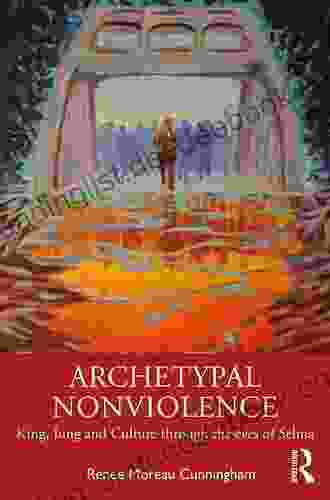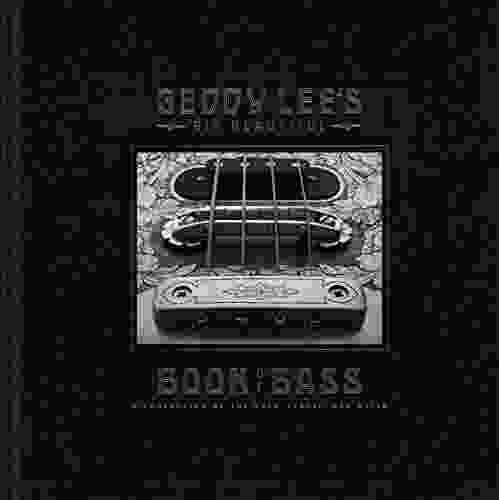Jung, King, and Culture Through the Eyes of Selma

In the annals of history, the names of Carl Jung and Martin Luther King Jr. stand tall as icons of their respective fields. Jung, the Swiss psychiatrist, delved into the depths of the human psyche, exploring its hidden realms and uncovering the archetypal patterns that shape our collective experiences. King, the American civil rights leader, emerged as a beacon of hope and nonviolent resistance, inspiring countless individuals to stand up for justice and equality.
5 out of 5
| Language | : | English |
| File size | : | 2371 KB |
| Text-to-Speech | : | Enabled |
| Screen Reader | : | Supported |
| Enhanced typesetting | : | Enabled |
| Word Wise | : | Enabled |
| Print length | : | 160 pages |
While their paths may have been distinct, Jung and King shared a profound connection, united by their deep understanding of the human condition and their unwavering commitment to social transformation. Jung's theories on the collective unconscious, archetypes, and individuation provided a framework for understanding the psychological forces that shape our individual and collective identities, while King's message of love, compassion, and liberation resonated with Jung's belief in the transformative power of the human spirit.
In this article, we will explore the intricate relationship between Jung, King, and culture through the lens of the iconic Selma to Montgomery marches of 1965. This pivotal moment in the American civil rights movement serves as a vivid illustration of how Jungian principles and African American cultural traditions coalesced to empower a transformative social movement.
Jung's Influence on King's Leadership
King's exposure to Jungian psychology began during his studies at Crozer Theological Seminary in Pennsylvania, where he encountered the works of Jungian scholar Howard Thurman. Thurman's teachings resonated deeply with King, who saw in Jung's theories a profound understanding of the human psyche and its potential for both darkness and light.
Jung's concept of the collective unconscious particularly intrigued King. This vast reservoir of inherited psychic material, according to Jung, contains the archetypal patterns that shape human experience across cultures and time. King recognized the power of these archetypes to mobilize individuals and inspire collective action.
For example, Jung's archetype of the "hero" resonated with King's own sense of destiny and his unwavering belief in the power of nonviolent resistance to overcome oppression. The archetype of the "shadow," representing the repressed and often destructive aspects of the psyche, also played a significant role in King's understanding of the forces that fueled racism and violence.
Jung's emphasis on individuation, the process of becoming a fully integrated and authentic individual, also profoundly influenced King's leadership. King recognized the importance of personal growth and self-reflection in fostering a transformative social movement. Through meditation, dream analysis, and other practices, he sought to deepen his understanding of himself and his mission.
African American Culture and Jungian Psychology
While Jung's theories originated in Western culture, they resonated deeply with the experiences and traditions of African Americans. The concept of the collective unconscious, for instance, mirrored many African spiritual traditions that emphasize the interconnectedness of all living beings and the presence of ancestral spirits in the present.
The archetype of the "trickster" figure, a prominent character in African folklore, bears striking similarities to Jung's concept of the "shadow." Both represent the unpredictable and often disruptive forces that exist within both individuals and society. In the context of the civil rights movement, the trickster archetype could be seen as a symbol of resistance and resilience, a force that could outwit and undermine the oppressive structures of racism.
Moreover, African American spiritual traditions, such as the ring shout and call-and-response preaching, embody the Jungian concept of "active imagination." This practice of engaging with the unconscious mind through movement, sound, and dialogue facilitated a deep connection to the collective unconscious and fostered a sense of collective purpose and empowerment.
The Selma Marches: A Jungian Lens
The Selma to Montgomery marches of 1965 vividly illustrate the convergence of Jungian principles, African American culture, and the transformative power of social movements. King's leadership, informed by Jungian insights, played a pivotal role in mobilizing a diverse coalition of individuals and organizations to stand up for voting rights and racial justice.
The marches themselves can be seen as a manifestation of the collective unconscious, a symbolic journey that drew upon deep-seated archetypal patterns. The marchers, like the heroes of ancient myths, embarked on a perilous quest to confront the forces of oppression and achieve a more just and equitable society.
Along the way, they encountered both the shadow and the light within themselves and others. The violence and brutality they faced tested their resolve and exposed the depths of racism and hatred that still plagued the nation. Yet, amidst the darkness, they also discovered the transformative power of love, compassion, and unity.
The marchers' journey culminated in a powerful display of collective individuation. By standing together, facing their fears, and embracing their shared humanity, they transcended their individual differences and emerged as a unified force for change. This process of individuation, both personal and collective, laid the foundation for lasting social transformation.
The lives and legacies of Carl Jung and Martin Luther King Jr. stand as a testament to the profound interconnections between the human psyche, culture, and social change. Jung's theories on the collective unconscious, archetypes, and individuation provided a framework for understanding the psychological forces that shape our collective destinies. King's embodiment of these principles, combined with the rich cultural traditions of African Americans, ignited a transformative social movement that continues to inspire generations.
By exploring the Jungian dimensions of the Selma to Montgomery marches, we gain a deeper appreciation for the complex interplay of personal, cultural, and collective factors that drive social progress. Jung's insights remind us that true transformation begins within ourselves, while King's message of love, compassion, and nonviolence serves as a timeless guide for individuals and communities seeking justice and liberation.
Through the eyes of Selma, we witness the power of the human spirit to confront darkness, embrace light, and transcend division. It is a legacy that continues to resonate today, reminding us that the journey towards a more just and equitable society is an ongoing process that requires our collective wisdom, courage, and unwavering commitment to the transformative power of love.
5 out of 5
| Language | : | English |
| File size | : | 2371 KB |
| Text-to-Speech | : | Enabled |
| Screen Reader | : | Supported |
| Enhanced typesetting | : | Enabled |
| Word Wise | : | Enabled |
| Print length | : | 160 pages |
Do you want to contribute by writing guest posts on this blog?
Please contact us and send us a resume of previous articles that you have written.
 Book
Book Page
Page Story
Story Paperback
Paperback Newspaper
Newspaper Paragraph
Paragraph Sentence
Sentence Bookmark
Bookmark Glossary
Glossary Bibliography
Bibliography Foreword
Foreword Synopsis
Synopsis Annotation
Annotation Manuscript
Manuscript Scroll
Scroll Codex
Codex Tome
Tome Classics
Classics Library card
Library card Biography
Biography Autobiography
Autobiography Memoir
Memoir Reference
Reference Dictionary
Dictionary Narrator
Narrator Character
Character Librarian
Librarian Card Catalog
Card Catalog Borrowing
Borrowing Stacks
Stacks Research
Research Scholarly
Scholarly Reserve
Reserve Academic
Academic Interlibrary
Interlibrary Literacy
Literacy Thesis
Thesis Dissertation
Dissertation Book Club
Book Club Theory
Theory Donald L Budenz
Donald L Budenz Grace Draven
Grace Draven Christian Welzel
Christian Welzel Stephen Rule
Stephen Rule Jeffrey A Becker
Jeffrey A Becker William Ae Ford
William Ae Ford Kent A Peacock
Kent A Peacock Alison Light
Alison Light Alicia Jansson
Alicia Jansson Ellen G White
Ellen G White Monte Turner
Monte Turner Lisa A Kurtz
Lisa A Kurtz Karen Mccombie
Karen Mccombie Terry Dean
Terry Dean Jennifer Bryan
Jennifer Bryan Pam Durban
Pam Durban Frances Watts
Frances Watts Richard Whatmore
Richard Whatmore Mary S Black
Mary S Black Dawn Wrobel
Dawn Wrobel
Light bulbAdvertise smarter! Our strategic ad space ensures maximum exposure. Reserve your spot today!
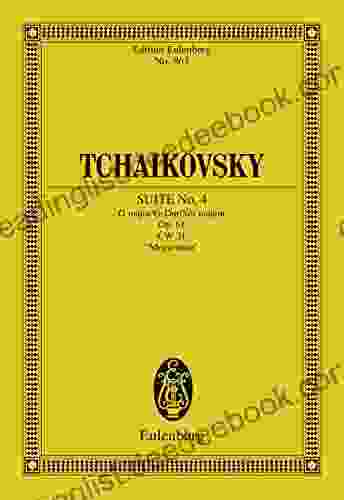
 Vincent MitchellSuite No Major Mozartiana Op 61 Eulenburg Studienpartituren: A Comprehensive...
Vincent MitchellSuite No Major Mozartiana Op 61 Eulenburg Studienpartituren: A Comprehensive...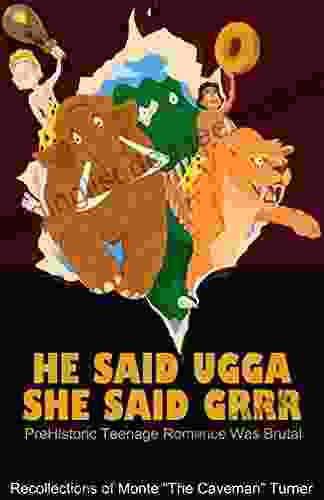
 Russell MitchellHe Said Ugga, She Said Grrr: A Comprehensive Exploration of the Gender Divide
Russell MitchellHe Said Ugga, She Said Grrr: A Comprehensive Exploration of the Gender Divide Javier BellFollow ·4.9k
Javier BellFollow ·4.9k Dale MitchellFollow ·14k
Dale MitchellFollow ·14k Howard PowellFollow ·3.6k
Howard PowellFollow ·3.6k Joseph FosterFollow ·4k
Joseph FosterFollow ·4k Glen PowellFollow ·7.7k
Glen PowellFollow ·7.7k Roald DahlFollow ·13.6k
Roald DahlFollow ·13.6k Matt ReedFollow ·7.7k
Matt ReedFollow ·7.7k Bruce SnyderFollow ·2.1k
Bruce SnyderFollow ·2.1k
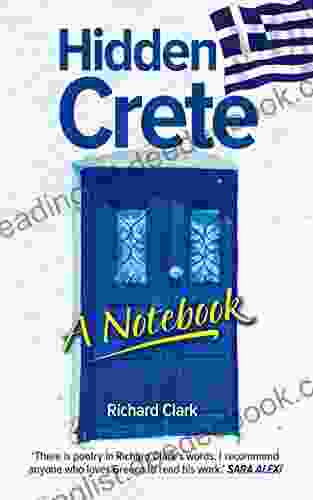
 Diego Blair
Diego BlairUnveiling Hidden Crete: A Comprehensive Review of Richard...
In the tapestry of travel literature,...

 Earl Williams
Earl WilliamsNew Addition Subtraction Games Flashcards For Ages Year
Looking for a fun...
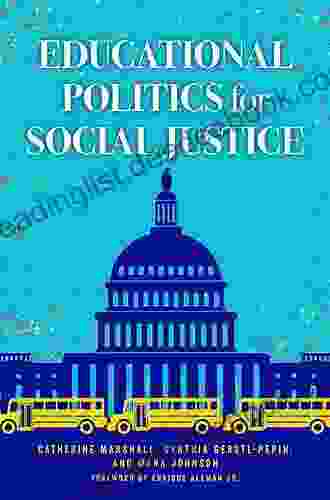
 Julio Ramón Ribeyro
Julio Ramón RibeyroUnveiling the Nexus of Educational Politics and Social...
Education, a fundamental pillar of society,...

 Jordan Blair
Jordan BlairTrains, Planes, Ships, and Cars: The Evolution of...
Transportation...

 Derek Bell
Derek BellFalling for Rachel Stanislaki: An Unforgettable Literary...
Step into the...

 Harry Cook
Harry CookAn Introduction to Cardiac Surgery for Anesthesia...
Cardiac surgery is a specialized...
5 out of 5
| Language | : | English |
| File size | : | 2371 KB |
| Text-to-Speech | : | Enabled |
| Screen Reader | : | Supported |
| Enhanced typesetting | : | Enabled |
| Word Wise | : | Enabled |
| Print length | : | 160 pages |


